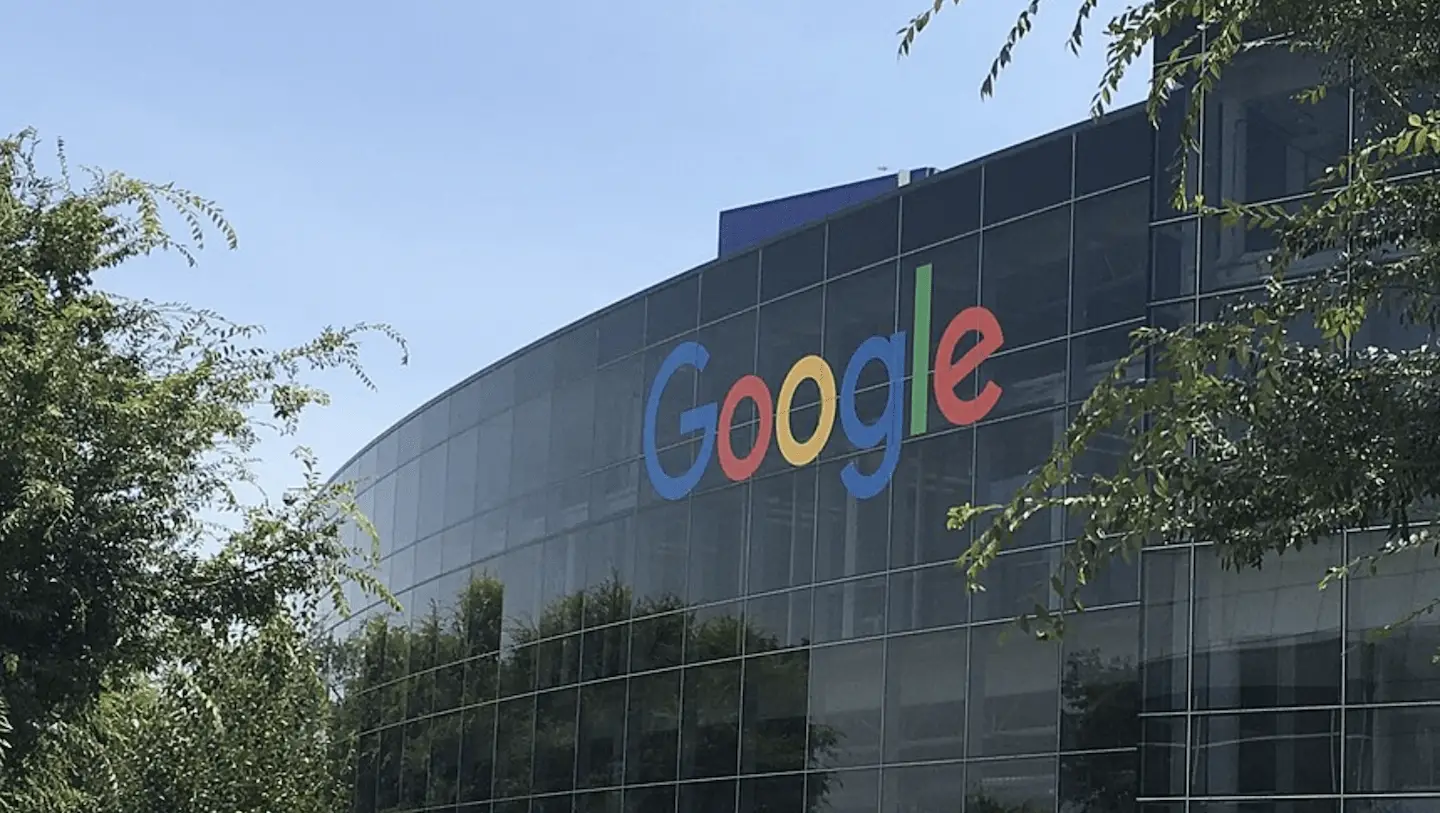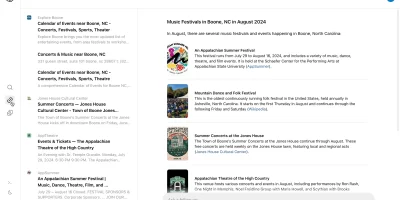If you have been using the internet before the Google era, you might recall search engines like Lycos, Yahoo, and AltaVista, just to name a few. Back then, these platforms were going for a “portal” kind of UI, where the main page would be populated with a bunch of information like the news, the weather, stock prices, and so on.
This created a very cluttered and claustrophobic design, which is why when Google came onto the scene with just a simple text box, it was like a breath of fresh air and it most definitely played a role in helping Google rise to dominance.
But we have to wonder, is it possible for a single tech company to remain dominant forever? There have been several search engine alternatives over the years, such as Microsoft’s Bing. Then there are also more privacy-focused platforms like DuckDuckGo, but so far, Google is still more or less the default and preferred search engine for many, but that might change soon.
In the past few months, OpenAI’s ChatGPT has been gaining a lot of attention as it presented users with a new way of searching for information, and with all this attention and hype, could ChatGPT represent the first true threat to Google’s dominance?
Why is ChatGPT so appealing?
One of the reasons why ChatGPT is appealing to so many users compared to other search engine rivals is because of its natural language processing. Unlike search engines where your results are largely based on search terms, ChatGPT takes into account everything you say to it, meaning it comes across more natural like if you were at a shopping mall and were asking for information from the information counter, or if you were at a hotel and needed information from the concierge.
This allows users to ask questions that might sometimes be a bit difficult to get from a search engine, where you might need to go through several websites before finding the information that you need. It is also clever enough to come up with ideas, so instead of visiting websites that just put up generic information, ChatGPT could give you more unique answers that could also change and evolve the more users use it.
Changing the way we search
Like we mentioned earlier, there are certain topics that might be a bit difficult to search for due to how the query might be interpreted by the search engine. Some power users of Google might know some tricks to help generate the most accurate results, but for the average user, it might leave them a bit frustrated.
What ChatGPT has shown us is a more natural way of searching and asking questions on the web, where even those who might not necessarily be that technically proficient will still be able to get the answers they are looking for.
ChatGPT also provides answers is a more conversational manner so instead of users spending time going through websites to find their answers, they can get answers to some questions more immediately. Google already has something similar with their knowledge cards in search, but the accuracy of those cards are highly dependent on the websites they are pulled from.
Not perfect yet
That being said, we doubt that ChatGPT will be killing Google’s dominance in search anytime soon. There are still a lot of topics that a bot might not necessarily be able to answer accurately. For example, there might be certain topics that are still best left to a human who is a professional in their field answer.
If anything, ChatGPT has shown that maybe it’s time to change the way we look at search and how AI could fill in the gaps for certain topics and queries.
Google is already working on their answer to ChatGPT called Bard AI, but we imagine that it could be a while before they fully integrate it into search and it becomes a mainstay feature, but we are most definitely excited to see what the future holds.











Comments